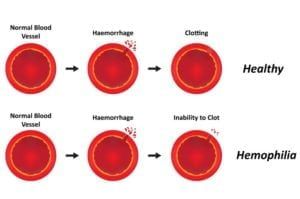Erectile dysfunction (ED) is a condition that affects millions of men around the world and as many as 30 million men in America. Also known as impotence, this condition impairs a man’s ability to achieve a suitable erection for intercourse. In the majority of men with ED, the condition is a physical problem caused by insufficient blood supply to the penis. However, some cases of ED are caused by psychological disruptions such as depression and performance anxiety.
Did you know…
that erectile dysfunction is a very common condition among American men? Approximately 1 in 5 men confirmed having difficulty achieving an erection in a study by the Department of Urology at the University of Washington School of Medicine. Risks of developing erectile dysfunction increase significantly with age. An estimated 50 percent of men age 50 or older have some degree of ED – a number that increases to 70 percent at age 70.
Frequently Asked Questions
How can I find out if I am suffering from erectile dysfunction?
You may have ED if you are unable to achieve or keep an erection leading up to and during intercourse. Keep in mind that there are varying degrees of impotence, ranging from slightly reduced rigidity to complete inability to achieve an erection. See your urologist for symptoms that are affecting you or your partner’s quality of life.
What types of erectile dysfunction treatments are available?
There are several safe and effective treatment options available to help men manage ED. Urologists often prescribe medications, such as Viagra, to help men achieve an erection in response to sexual stimulation. Additional treatment options include hormone therapy to boost testosterone levels and penile implants to help manually erect the penis for intercourse.
My erectile dysfunction is mild and sporadic. Do I need to see a urologist?
It is important to consult with a urologist regardless of the severity of your ED symptoms. Although erectile dysfunction is often a benign condition, it can also be an indication of a more serious underlying urology problem. Telling your doctor about your symptoms could help you discover a more serious underlying health condition, such as diabetes or progressive coronary disease.











































































































































































































































































































